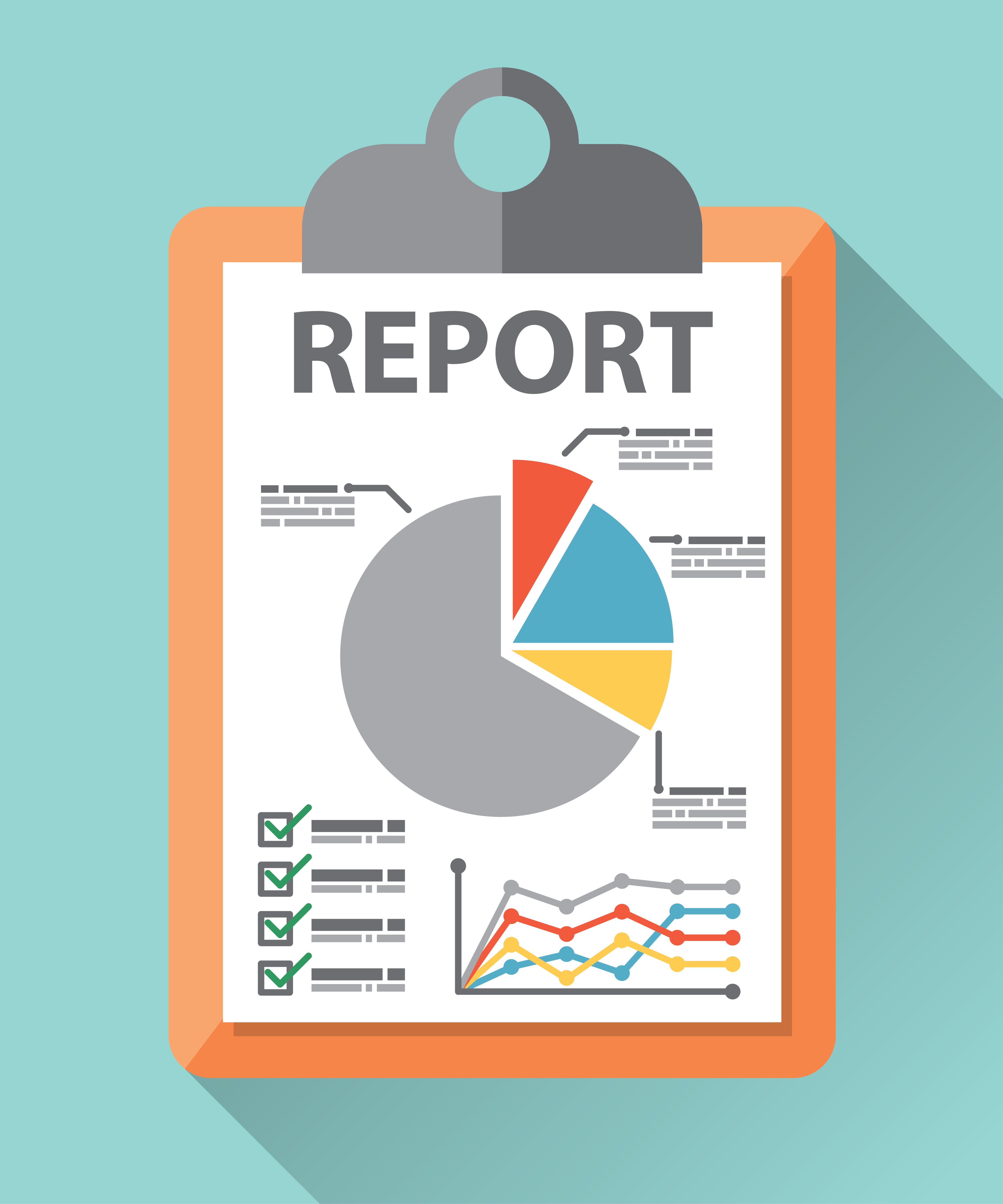
|
Biennial reports must be submitted to your state or the EPA by March 1 in even numbered years for hazardous waste activities in the previous year. The reports detail the types and quantities of hazardous waste shipped off-site and the efforts a facility takes to reduce the volume and toxicity of generated wastes.
Note: Some states require annual reports or have developed their own biennial report forms that require additional information, so be sure to check state requirements. In addition, some states require other categories of generators to report as well.
What Is an LQG?
Current hazardous waste regulations do not specifically define an LQG. However, they do define the terms “conditionally exempt small quantity generator” (CESQG) and “small quantity generator” (SQG). Under this regulatory scheme, an LQG is a generator that is not a CESQG or an SQG. For purposes of clarity, the definition of an LQG has been revised for the purpose of submitting the biennial report to describe all those situations where a generator would be an LQG.
For biennial reporting year 2015, you are an LQG if you, by site, generate any of the following amounts in a calendar month:
- Greater than or equal to 1,000 kilograms (kg, i.e., 2,200 pounds [lbs]) of hazardous waste; or
- Greater than 1 kg (2.2 lbs) of any acute hazardous wastes listed in 40 CFR 261.31 or 40 CFR 261.33(e); or
- Greater than 100 kg (220 lbs) of any residue or contaminated soil, waste, or other debris resulting from the cleanup of a spill, into or on any land or water, of any acute hazardous wastes.
What If…?
The EPA goes on to clarify certain scenarios that would require you to submit a biennial report for 2015.
- What if you are a CESQG or an SQG and generated excess amounts of either acute hazardous waste or residue or contaminated soil containing acute hazardous wastes such that you become an LQG for the calendar month?
- In this case, you also would need to complete a Hazardous Waste Report. Note: You will report your current hazardous waste generator status as of the date of submitting your 2015 Hazardous Waste Report. Your current status may be different from the status during the report year that requires you to file the hazardous waste report.
- What if you imported hazardous waste from a foreign country in 2015?
- This waste must be counted in determining your generator status if your site is the U.S. importer.
Do Not File a Biennial Report If…
Do not file the 2015 Hazardous Waste Report if, during 2015, your site was not a RCRA LQG (your site did not meet any of the LQG criteria) and your site did not treat, store, or dispose of RCRA hazardous wastes on-site in waste management units subject to a RCRA operating permit (i.e., a TSDF).
Note again: You may have to file the report if your state has stricter reporting requirements.
If you are not required to report, you should notify the EPA if your hazardous waste generator status has changed. In this case, fill out the RCRA Subtitle C Site Identification Form and submit it to your state.
Unless required by your state, do not file the 2015 Hazardous Waste Report if, during 2015, all of your hazardous waste was exported directly out of the United States to a foreign country. This does not mean that you do not report at all. Facilities that export hazardous waste must file a separate annual report under 40 CFR 262.56.
Note: This annual report is in addition to the hazardous waste report, if your state requires you to submit a hazardous waste report.
Tomorrow we will review some incidentals of biennial reporting.
